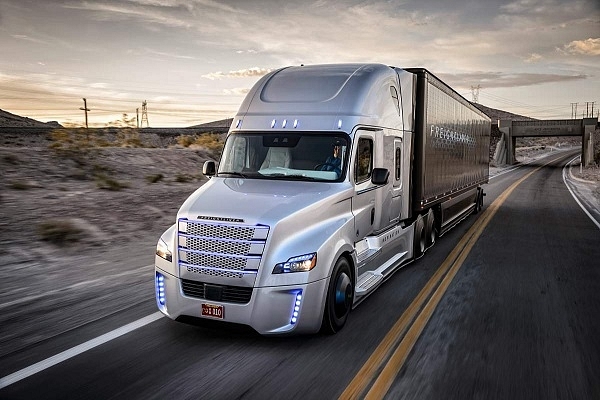
China Begins Construction Of 100 Km Highway With Dedicated Lanes For Self-Driving Cars
As part of its plan to catapult itself as the world leader in mass use of self-driving Cars, China is building highways with dedicated lanes for self-driving cars, Future Car reported.
A new freeway, connecting Beijing and the Xiongan New Area in Hebei province, is being developed with dedicated lanes for self-driving cars. The area is located about 96.5 km southwest of Beijing.
The construction of the 100 km highway will begin this year.
The highway will have two of the eight lanes specially designed for autonomous vehicles, according to the Beijing Capital Highway Development Group Co. Construction Company. The speed limit on the highway will range from 100 to 150 kilometres per hour.
The design principle underlying the infrastructure investment is to give autonomous vehicles (AVs) access to real-world traffic conditions — but do it through dedicated lanes to ensure that the evolving AV tech can be tested with minimal risks to human drivers.
Future Car also reported that the stretch of highway will also include intelligent road infrastructure and smart-toll facilities though which vehicle data and road information can be collected through wireless communication and internet technology, improving traffic flow and safety.
Once the Beijing-Xiongan highway is complete, travel time from the capital city of Beijing to Xiongan is expected to be cut from one hour from the current two and a half hours.
The Xiongan New Area is part of the Beijing-Tianjin-Hebei (Jingjinji) economic triangle, In February 2014, Chinese President Xi Jinping announced the creation of the ‘Jing-Jin-Ji’ (JJJ) metropolitan region in order to integrate the economies of Beijing, Tianjin and Hebei Province into a regional economic hub.
The Beijing-Tianjin-Hebei urban agglomeration is part of Chinese government’s efforts at urban development by focusing on grouping cities into economic agglomerations connected by a shared administration, infrastructure and economics.
According to KPMG’s Autonomous Vehicles Readiness Index 2019, China is currently ranks twentieth in the world (The Netherlands is top, Singapore second; the US comes in fourth behind new entrant Norway) but highlighted that China’s chances of introducing autonomous vehicles to its roads en masse is being enabled by aggressive state supported policies.